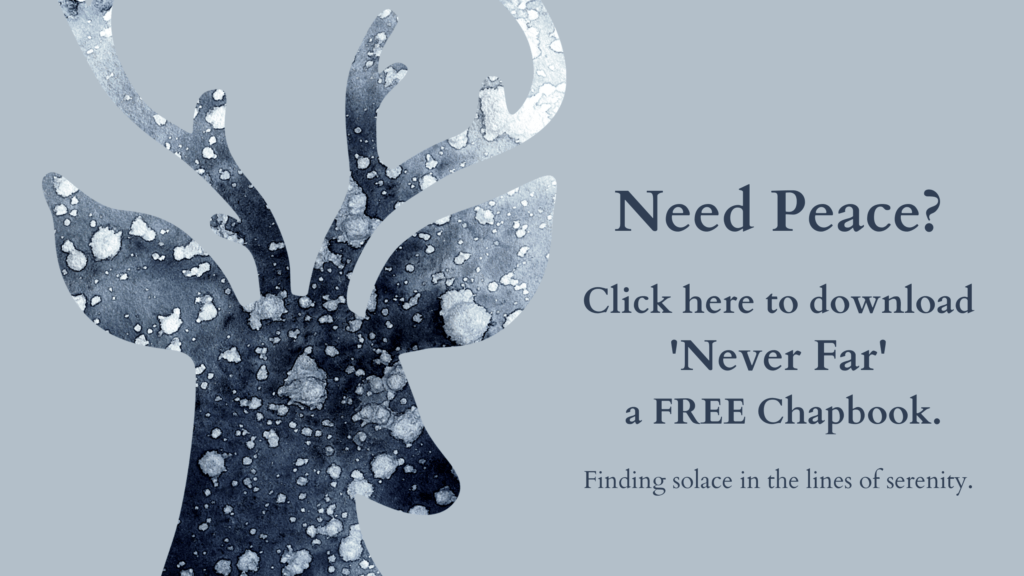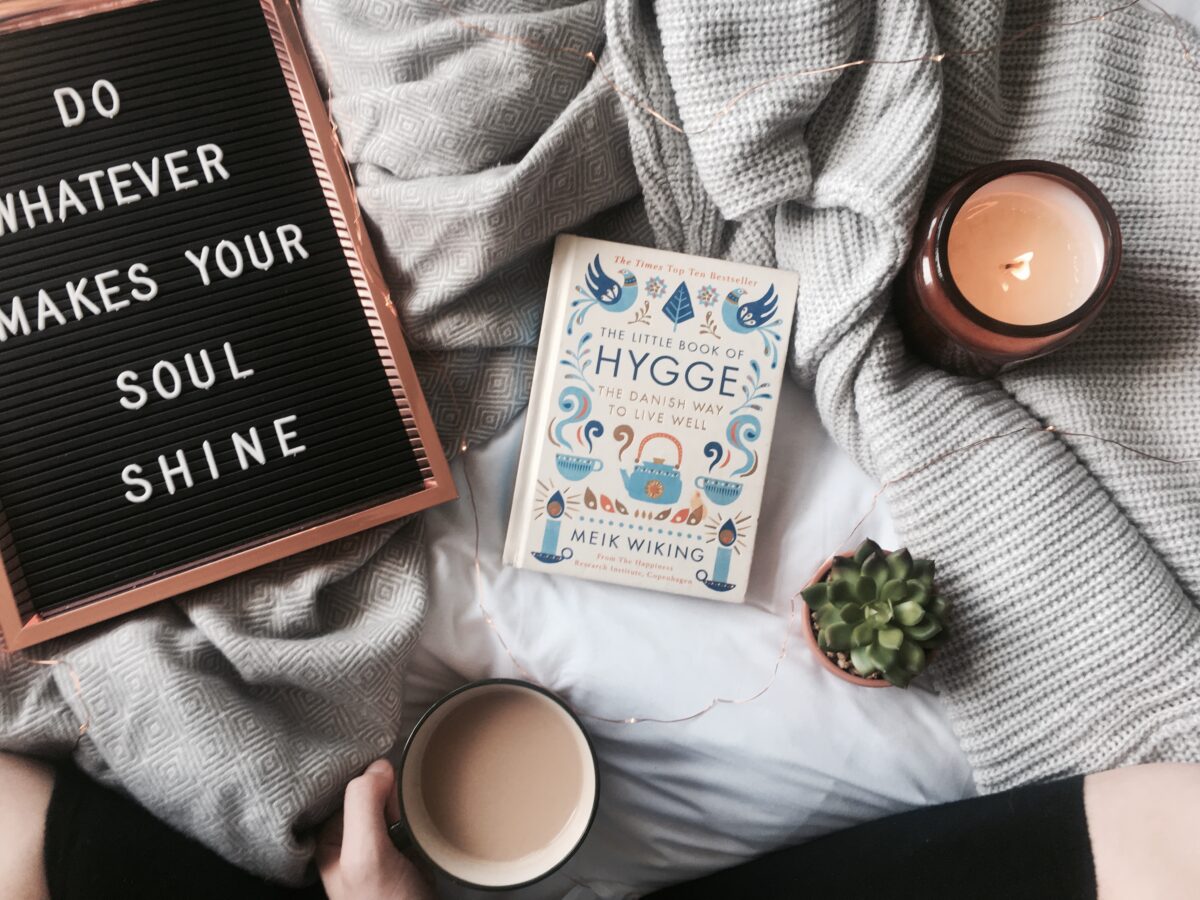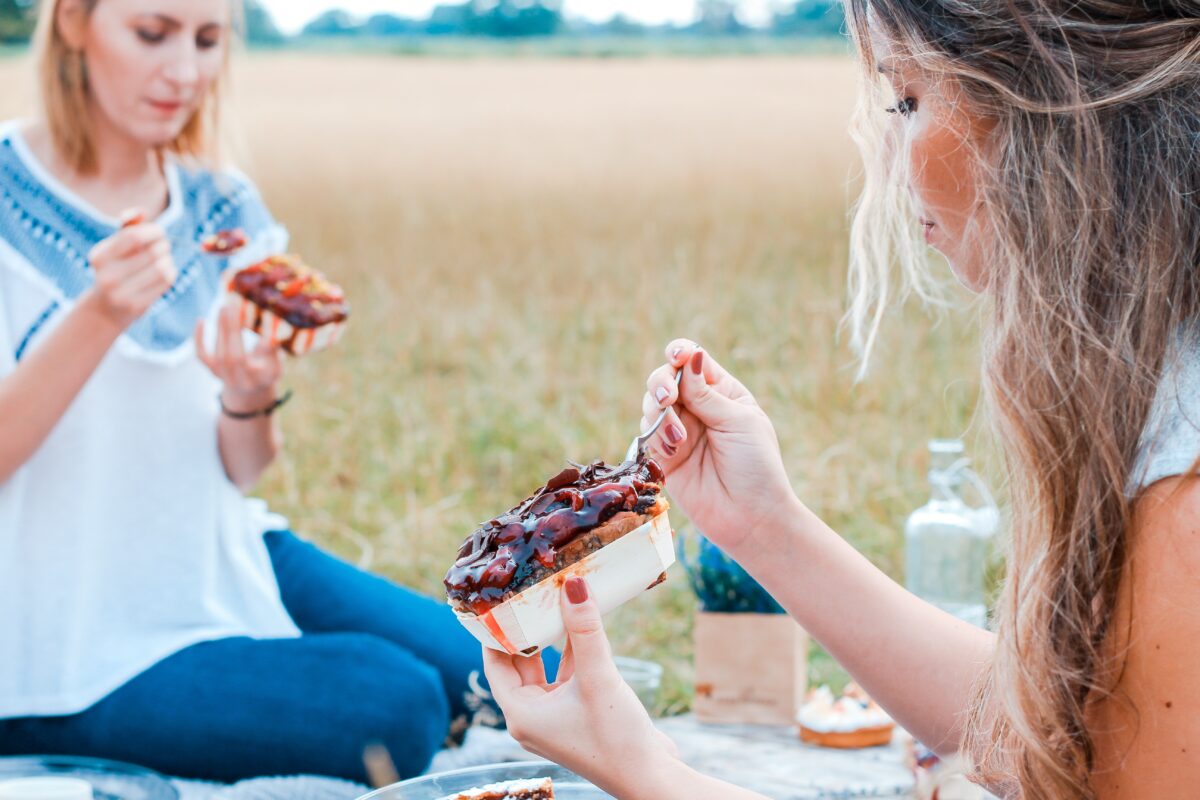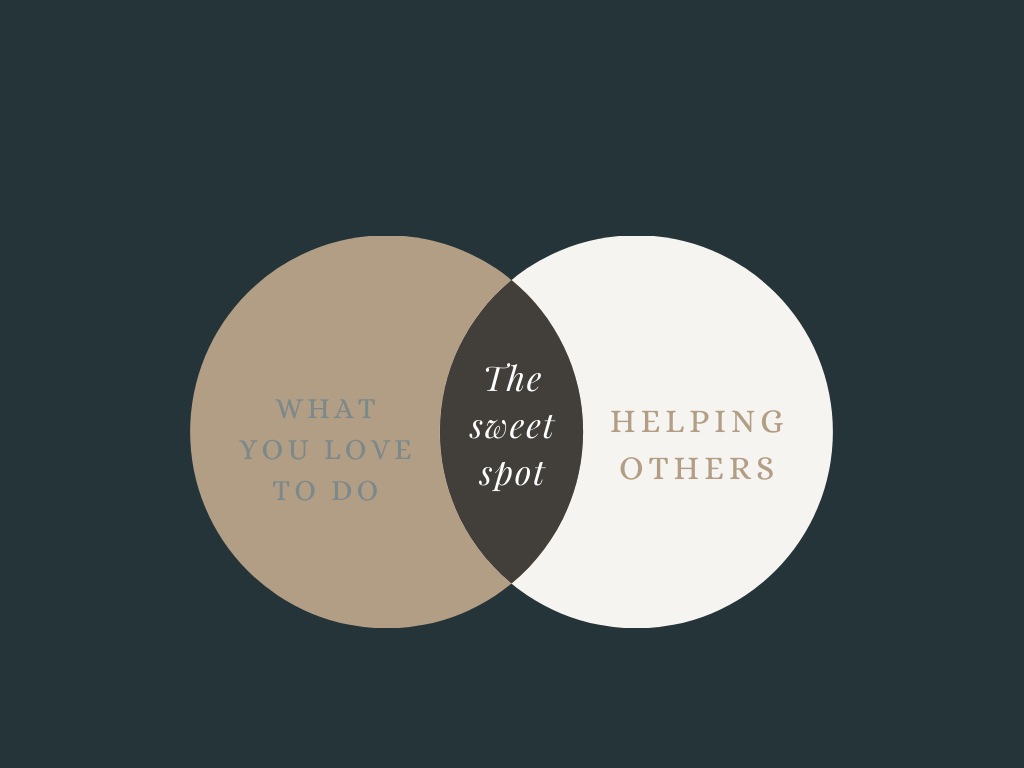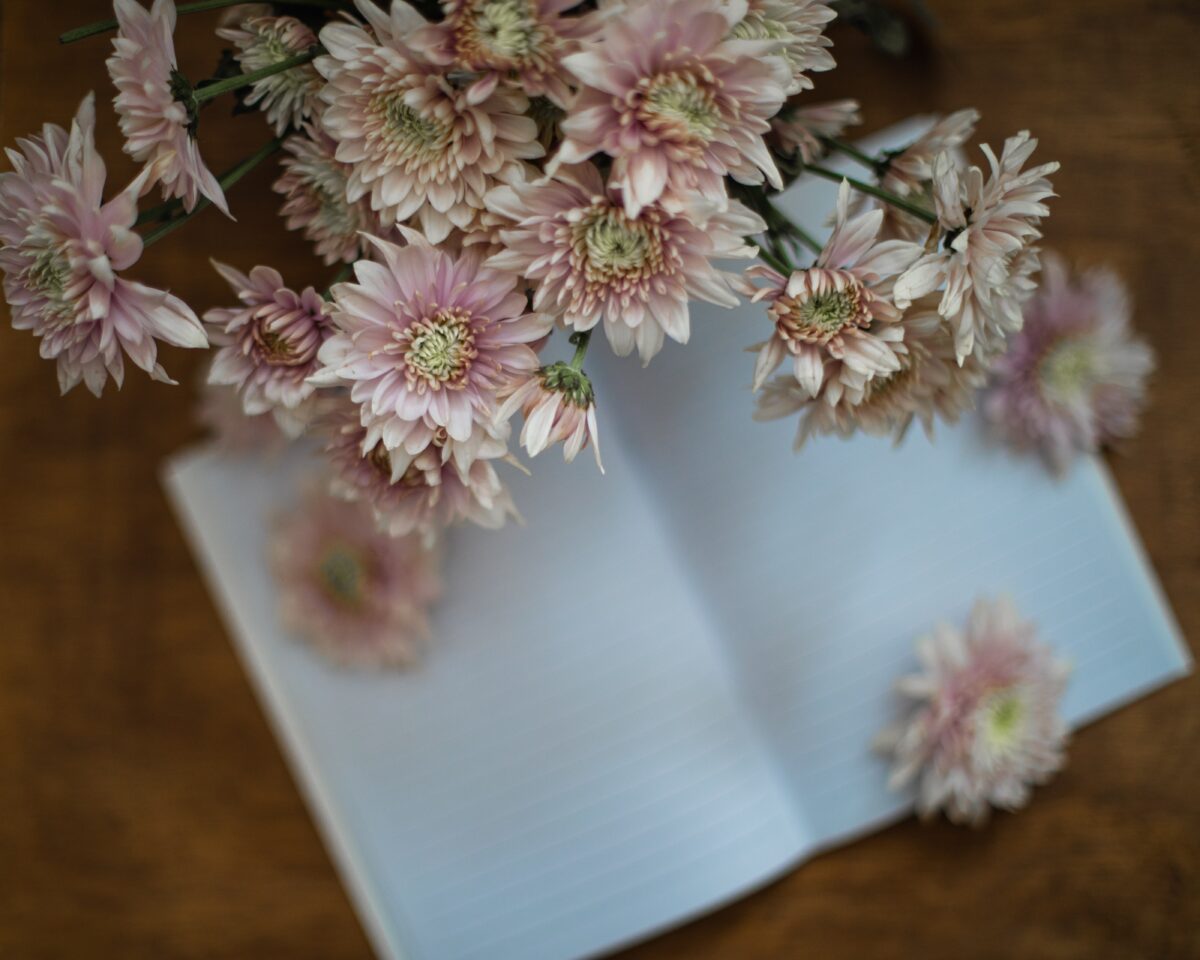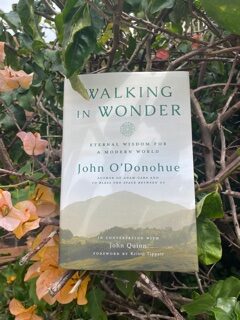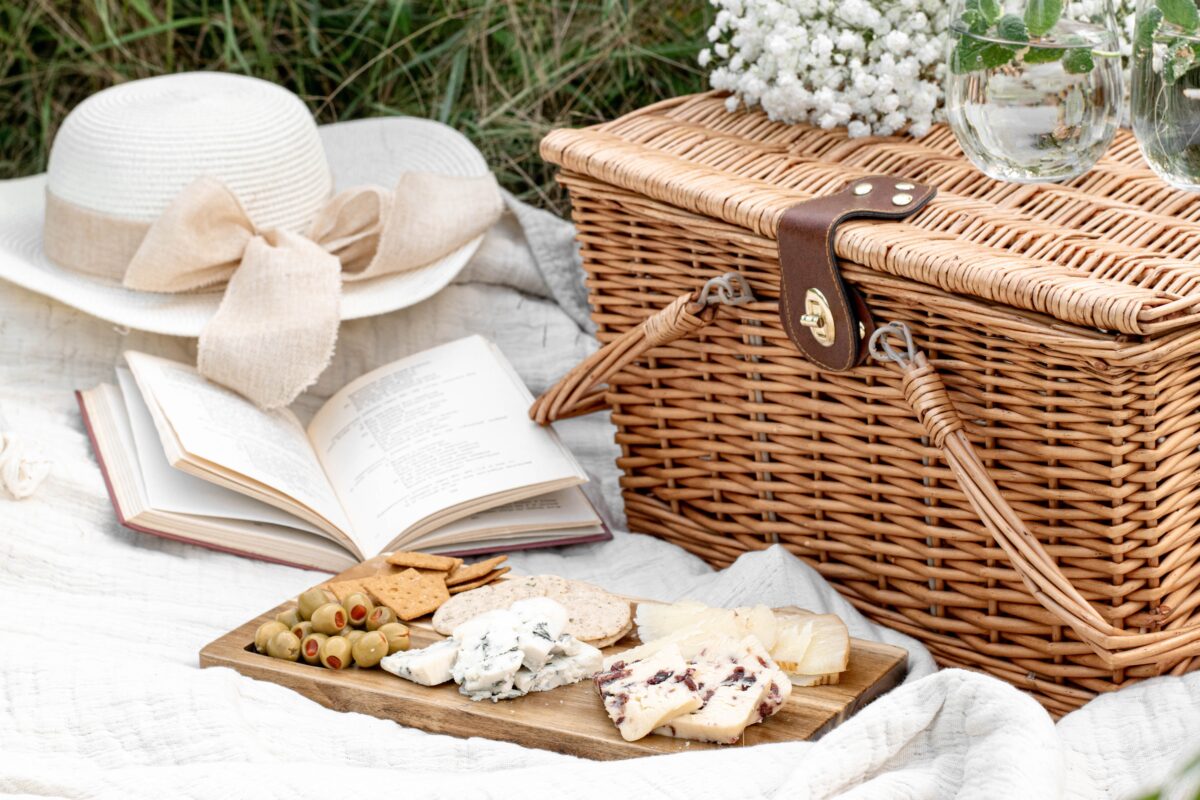Recently I found myself yearning for rest. However, March for me is the month when things start to ramp up and getting away is harder than ever. How does one switch off when the season demands one to switch it up a notch?
For me, the answer is to schedule an ‘at home soul retreat’. With a little planning, refreshment can be found right where I live, because retreating is not about time (how long) or place (whereabouts) it is about intention.
Now, I know everyone’s living situation is different. For some, home is an unsettling place. If you are caring for someone with high needs or live in shared housing, I acknowledge, it’s complicated, and finding space is extra difficult. Not being in your position, I don’t have all the answers, only a few suggestions that could work if you mould them to your own circumstances.
I know sometimes, retreating doesn’t seem worth the hassle; for those who have considerable responsibilities withdrawing takes work. Don’t let the planning needed to retreat discourage you from it. If there is one thing I have learnt this side of my own ‘at home soul retreat’ it is that it is thoroughly worthwhile.
So, what is a soul retreat? Seems a stupid question, as the answer is in the name, but the word ‘soul’, being a little mysterious, probability needs to be explained. Defining the soul is difficult and it seems every second charlie has a different definition for the soul, so let me clarify what I mean. When I say soul, I am referring to the mind, the will and the emotions. A soul retreat is simply finding space to clear the mind, rest the will and process emotions; it’s about nourishing the inner-self.
Once I have decided when I will begin and how long my retreat will last (it could be hours, days or weeks), I prepare by considering what I expect from retreating ahead of time. Much like I would pack my bag for a get away, I gather all I need for my retreat beforehand. This might include deciding on some reading material, creating a relaxing playlist, planning what nature walks I want to do, booking a massage or preparing meals so I don’t have to think about cooking.
For me, learning to retreat without leaving home has helped me to consistently show up and fulfil commitments. I do this by using free-time in a way that is intentionally geared towards soul health. I also shuffle my work and responsibilities into three working days, leaving two days (in school hours) to retreat from time to time. I could not do this every week, nor is there a need to as retreating every six to eight weeks works for me.
Essentially a soul retreat is about following the soul and giving it what it needs. Your soul retreat will be as unique as you are. For me, a soul retreat involves deep thinking, journaling, reading, napping, being exposed to beauty and creativity, walks by the water, and time spent in stillness. You can include whatever makes you feel alive; from base jumping to baking, it’s up to you. However, it’s important to remember that a soul retreat isn’t just about having a good time; it’s about affirming positive thought, processing painful emotion, and allowing yourself space to dream a little.
Normally I do not feel the benefits of retreating straight away, in fact, retreating can feel exhaustingly wasteful. However, about 5 days after I’ve retreated, I experience an increase in focus and creative energy. This I’m sure, will be different for you, as we all seem to respond to rest and refuel differently.
The purpose of a soul retreat is to nourish the soul. This is important because neglect at a soul level affects not only our health but also our relationships, our overall well being and outlook on life. If you are weary, lack creative clout, feel jaded, or overwhelmed by a never ending cycle of busyness, a soul retreat may be what you need. There are curiosities to chase, dreams to journal, healing to heed, hope to surrender to, if only you’d stop for a moment to mine the soul.
